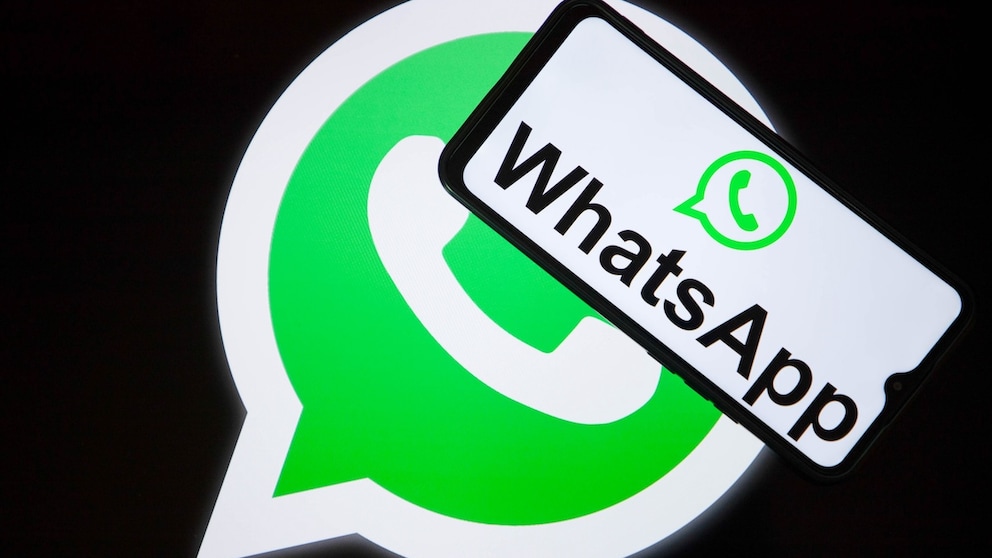February 21, 2025, 3:16 pm | Read time: 3 minutes
WhatsApp is probably the most popular messenger in the world. In Europe, it has reached a critical mass, which is why WhatsApp is considered a “VLOP.” TECHBOOK explains what this means.
Billions of people around the world communicate every day using messenger apps. Their primary function is to exchange messages, whether in text, voice, or video form. Over the years, several providers have come onto the market advertising their very own features and, above all, security. But none of them can hold a candle to WhatsApp. The class leader claims to have two billion users worldwide. But especially in the EU, its size now has a catch: WhatsApp has become a “VLOP.” But what does that mean?
WhatsApp Is a “VLOP” Because of Too Many Users
As reported by Der Standard, among others, citing Bloomberg, the people behind the application have submitted new figures to the EU. With 46.8 million active users within the EU, the threshold of 45 million has been exceeded. According to the Digital Service Act (DSA), WhatsApp is, therefore, a “VLOP” — a “Very Large Online Platform.”
However, this figure requires an explanation because, at first glance, it seems far too low. As reported by Userlike, there are around 50 million active users in Germany alone. So how can there only be 46.8 million across the EU?
This is because regular functions such as private chats and groups are not included in this figure. This, in turn, means that it is primarily about the use of public channels. News platforms, companies, institutions, or celebrities can use these to send updates directly to their followers.
“VLOP” Status Brings Stricter Requirements and Obligations
WhatsApp does meet the criteria for “VLOP” status. However, it still has to be reviewed by the EU Commission before it is officially confirmed. However, as an EU Commission spokesperson has already announced that the threshold has been exceeded, this is likely to be a mere formality.
For WhatsApp, the classification as “VLOP” means that the distribution of harmful or illegal content must be prevented or curbed. Meta, the parent company behind the messenger, would have to develop appropriate measures. If the company fails to do so, it could face severe fines of up to six percent of its global annual turnover.

How Does WhatsApp Actually Earn Money?

WhatsApp gets its own address book

Will Elon Musk Soon Take Over the US Division of TikTok?
This Will Change for Users
At the same time, WhatsApp users are to have additional rights regarding the use of their data. It must also be easier for them to report illegal goods, content, or services so that Meta can remove them. The display of personalized advertising will also be subject to stricter requirements, especially when it comes to underage users.
It is not yet clear when WhatsApp will be officially confirmed as a “VLOP” in the EU. However, this should come as no surprise to Meta: The Facebook and Instagram portals, which also belong to the group, already hold the status.

